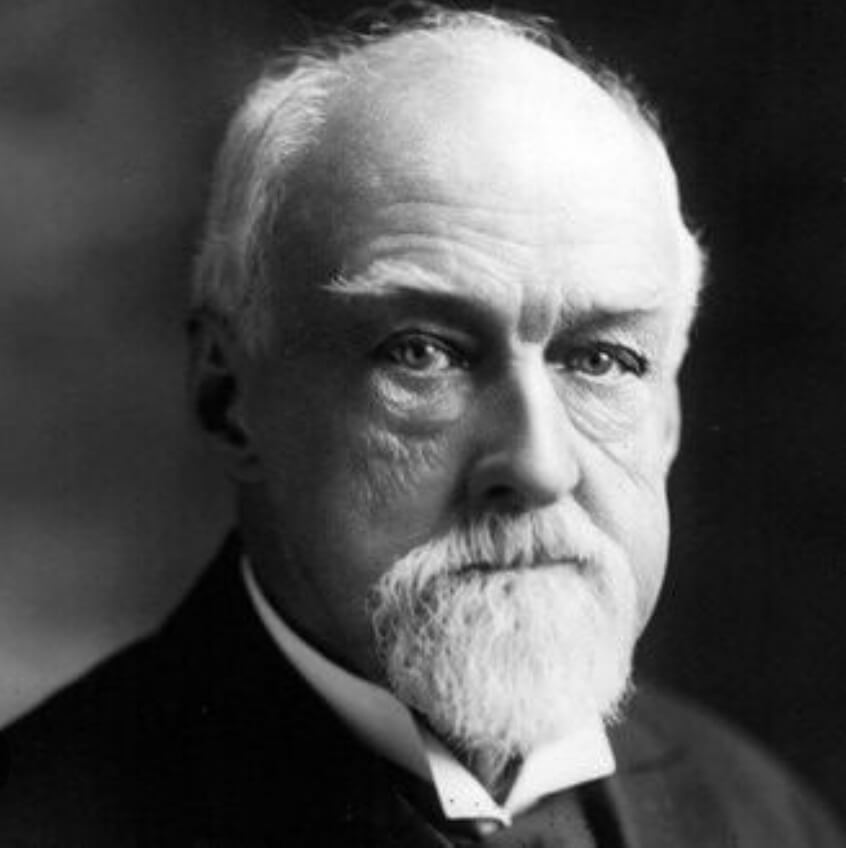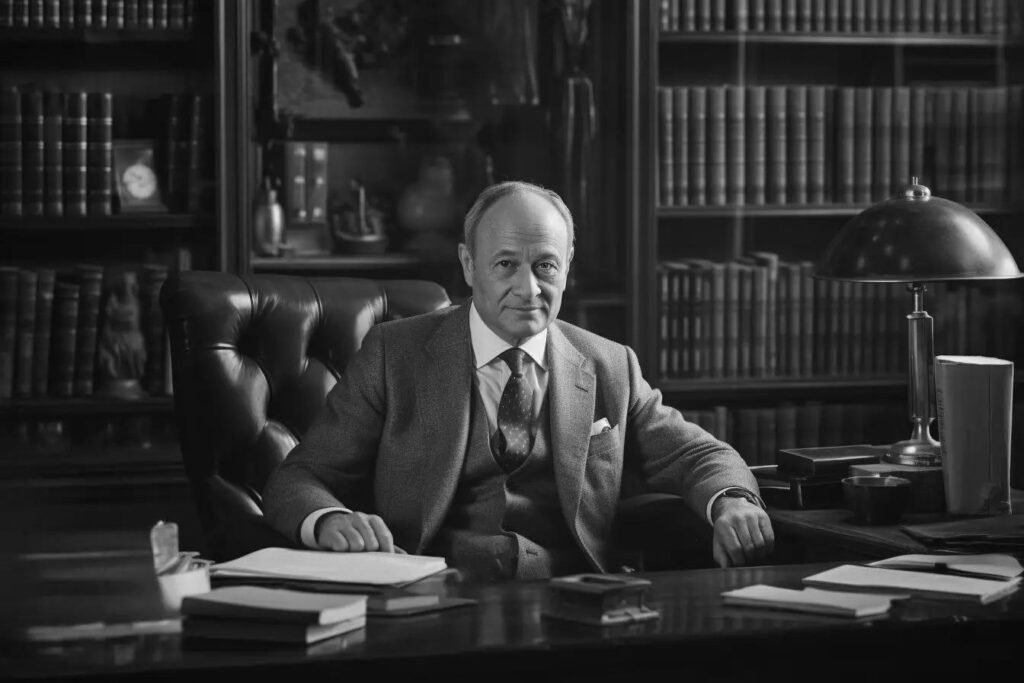👨🏫 George S. Clason’s Background and Career
Born: November 7, 1874, Louisiana, Missouri, USA
Died: April 7, 1957
Education: University of Nebraska
George Samuel Clason was not a financial advisor or economist—but a writer, entrepreneur, and former soldier. After serving in the Spanish-American War, he went on to found the Clason Map Company and later, the Clason Publishing Company. He found his niche not in finance, but in publishing motivational pamphlets for banks and insurance companies.
It was from these pamphlets that The Richest Man in Babylon emerged—eventually compiled and published as a book in 1926.
🏆 George S. Clason’s Major Contributions
📝 Popularized “Pay Yourself First”
Clason didn’t invent this principle, but he mainstreamed it. By wrapping it in the allegory of Arkad and Babylonian gold, he made dry advice sound noble and eternal.
📘 Pioneer of Financial Parables
Before Clason, most financial literature was dry and technical. His innovation was to use fiction to make finance accessible—setting the stage for later authors like Og Mandino, Robin Sharma, and even Robert Kiyosaki.
🗣️ George S. Clason’s Public Voice and Legacy
Clason was not a public speaker or media personality. His influence is entirely literary. He never built a financial empire, published a follow-up, or offered investment advice. He let the parables speak for themselves.
And yet, his book has sold millions of copies and been translated into dozens of languages. It remains a staple in personal finance libraries—not because it offers actionable advice, but because it distills money management into moral storytelling.
🎯 George S. Clason’s Legacy and Critical Impact
Clason’s work has endured for nearly a century, despite offering little by way of modern financial strategy. His ideas have been quoted by Dave Ramsey, Suze Orman, and countless motivational speakers.
But his legacy is a double-edged sword:
⦁ He made personal finance accessible.
⦁ He reduced complex systems into personal responsibility narratives.
⦁ He offered enduring inspiration—but outdated solutions.
Today, Clason’s work is more motivational artifact than practical guide.
⭐ Final Verdict: A Financial Folklorist, Not a Financial Strategist
George S. Clason left behind a valuable philosophical contribution—but not a technical one. His work continues to inspire, but it must be supplemented with a modern understanding of economics, investing, and risk management.
Bottom Line: Clason taught us why to save—but not where to put the savings.




